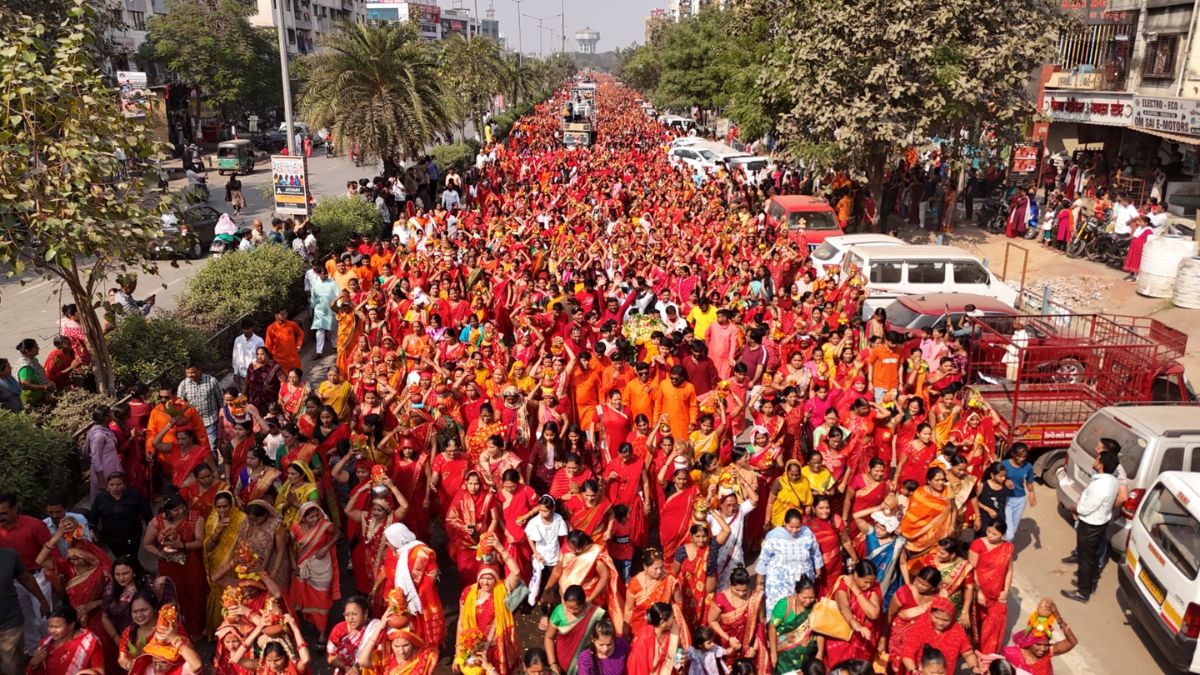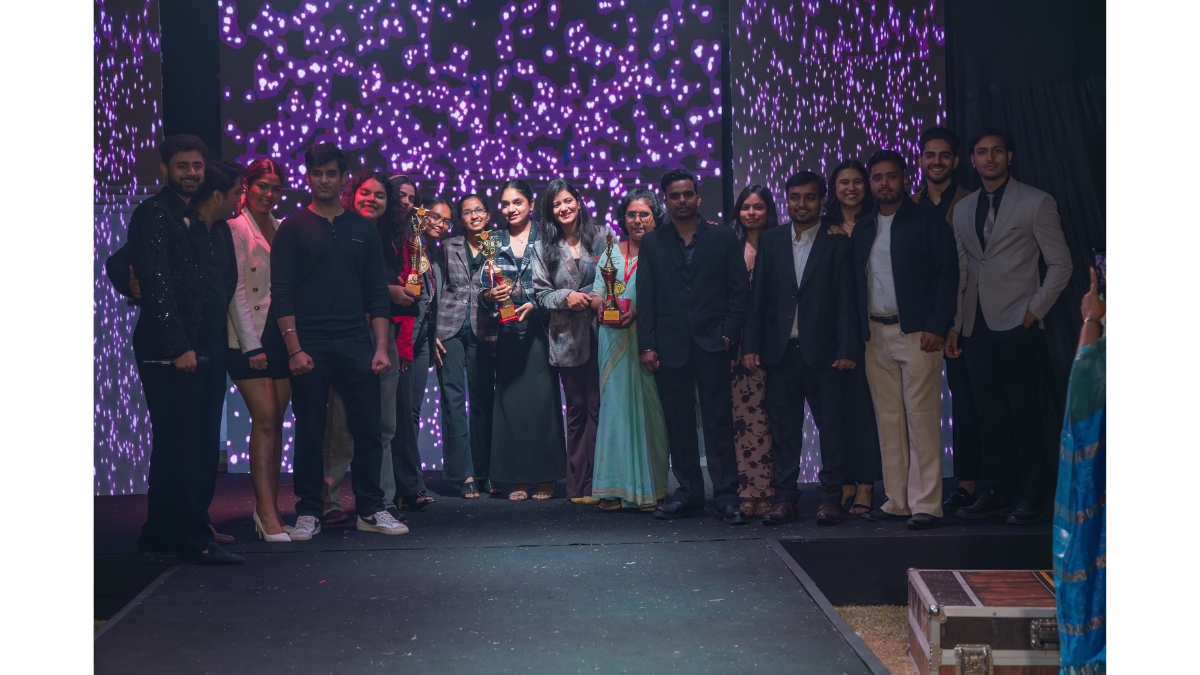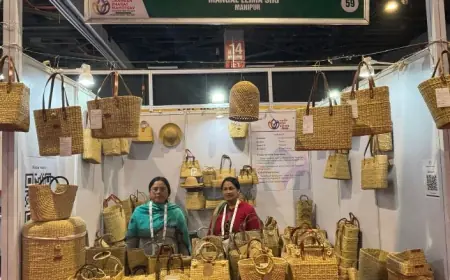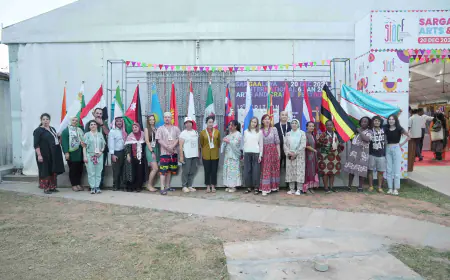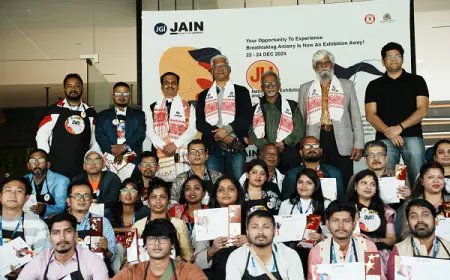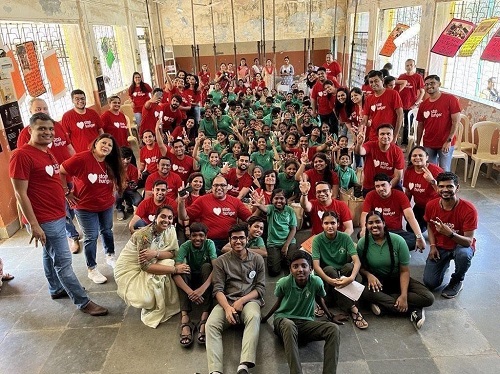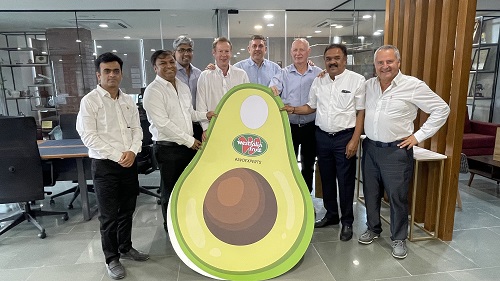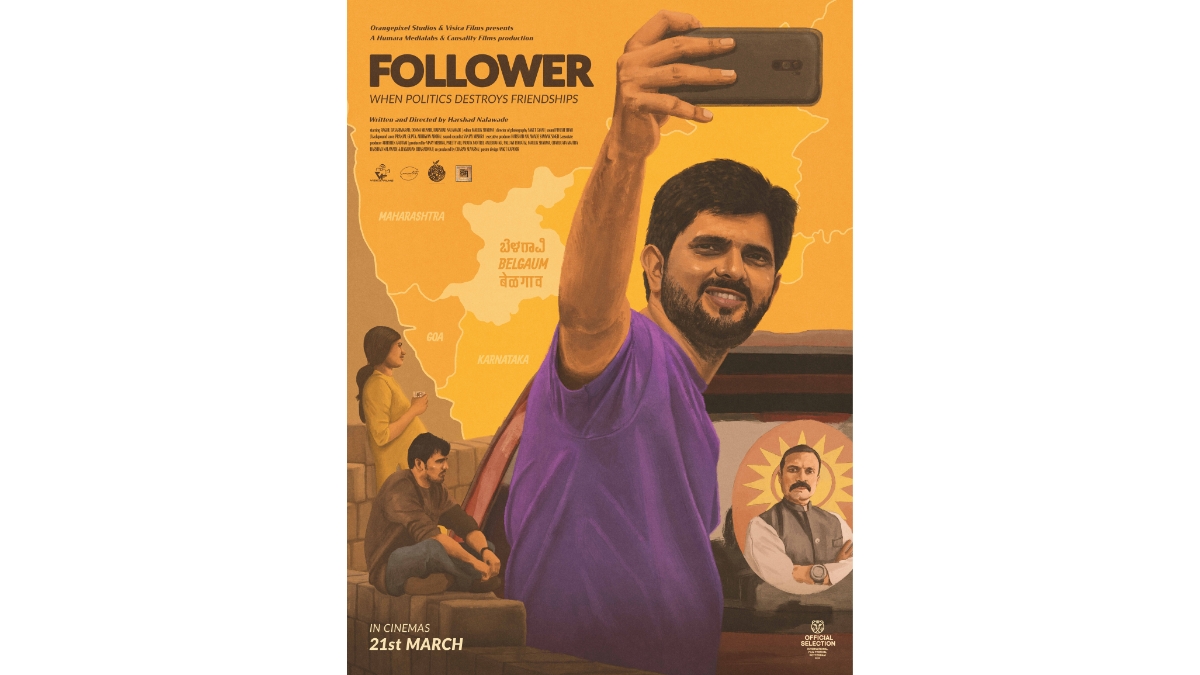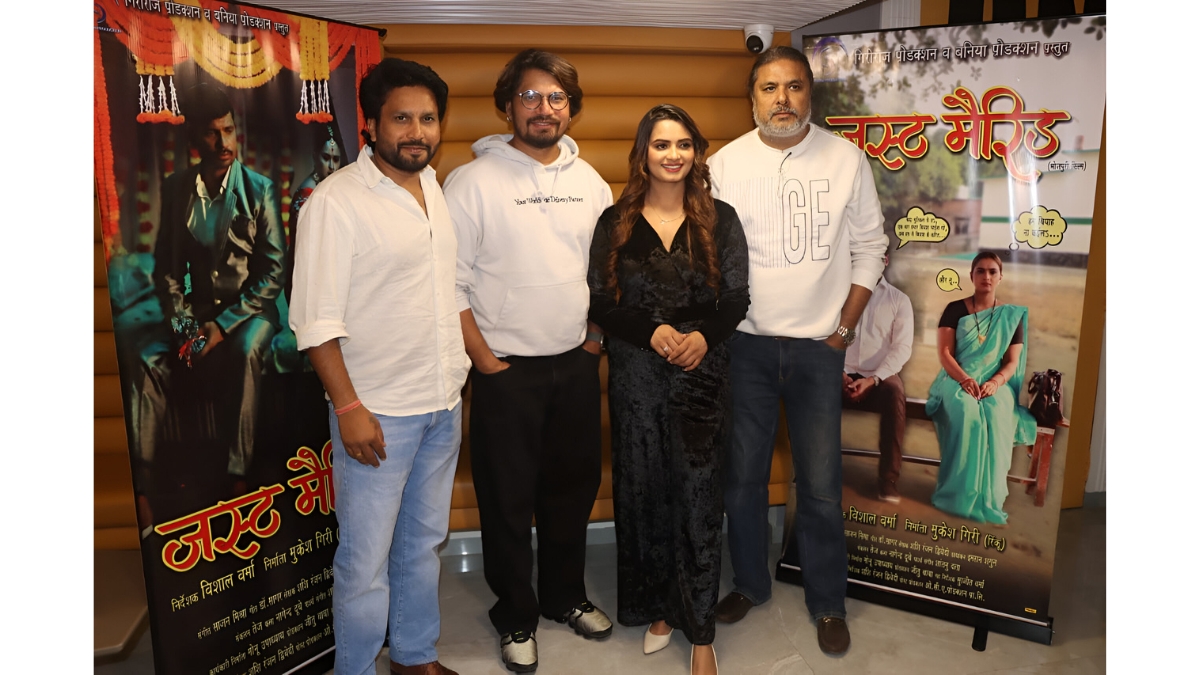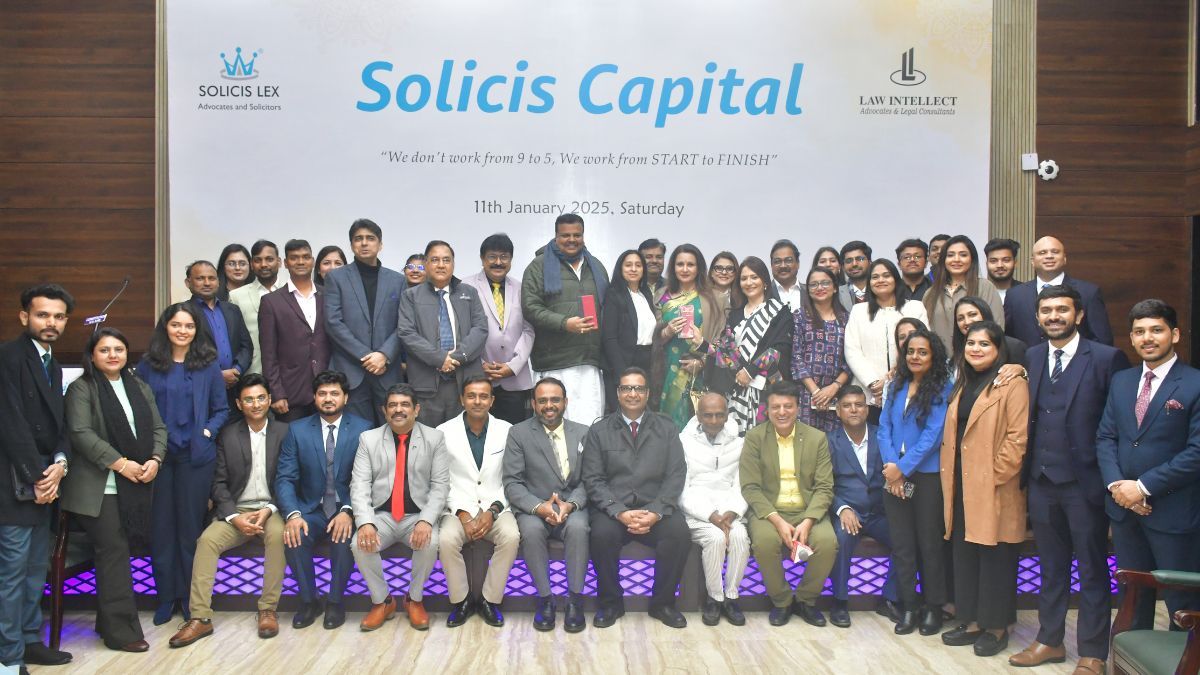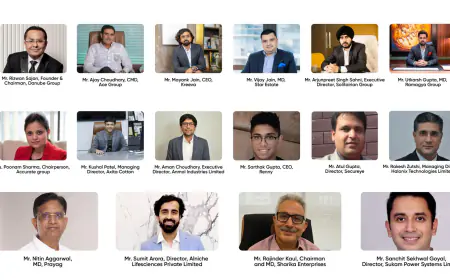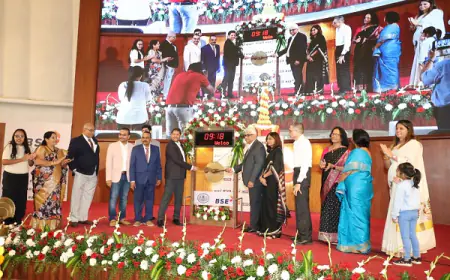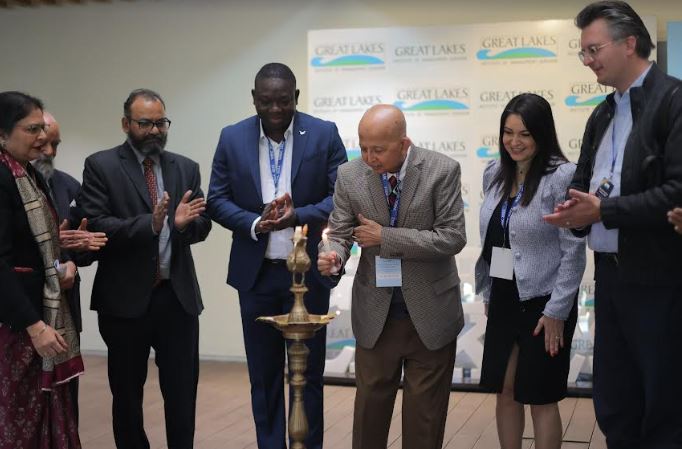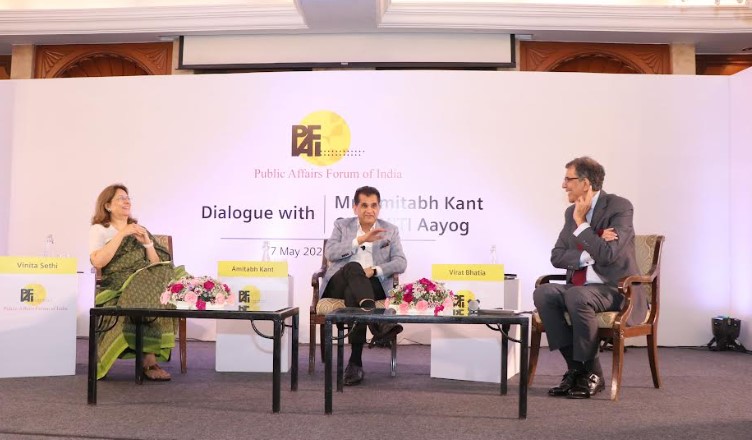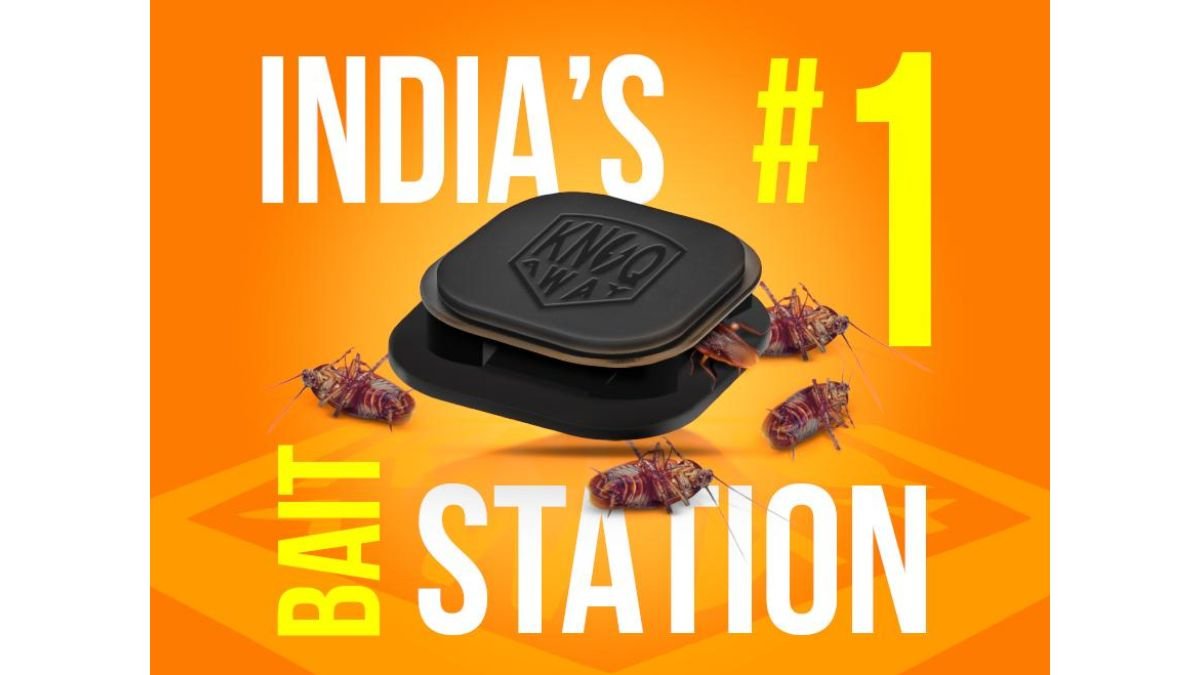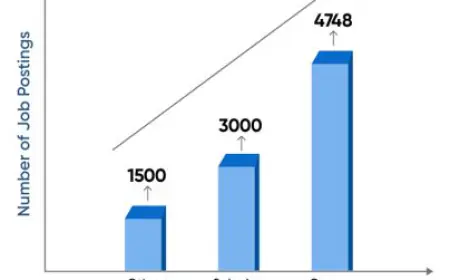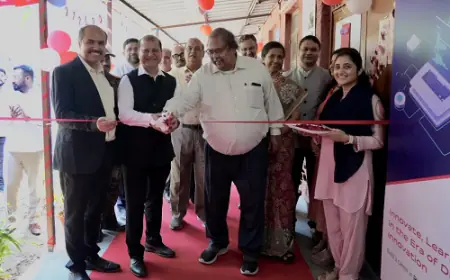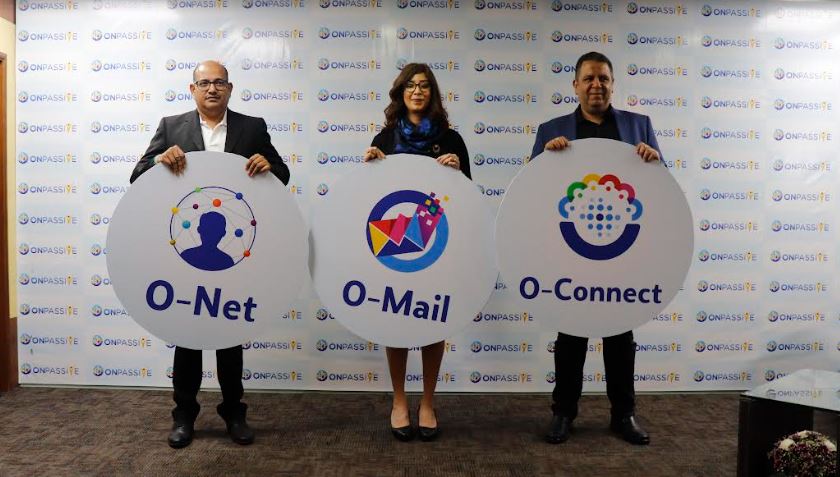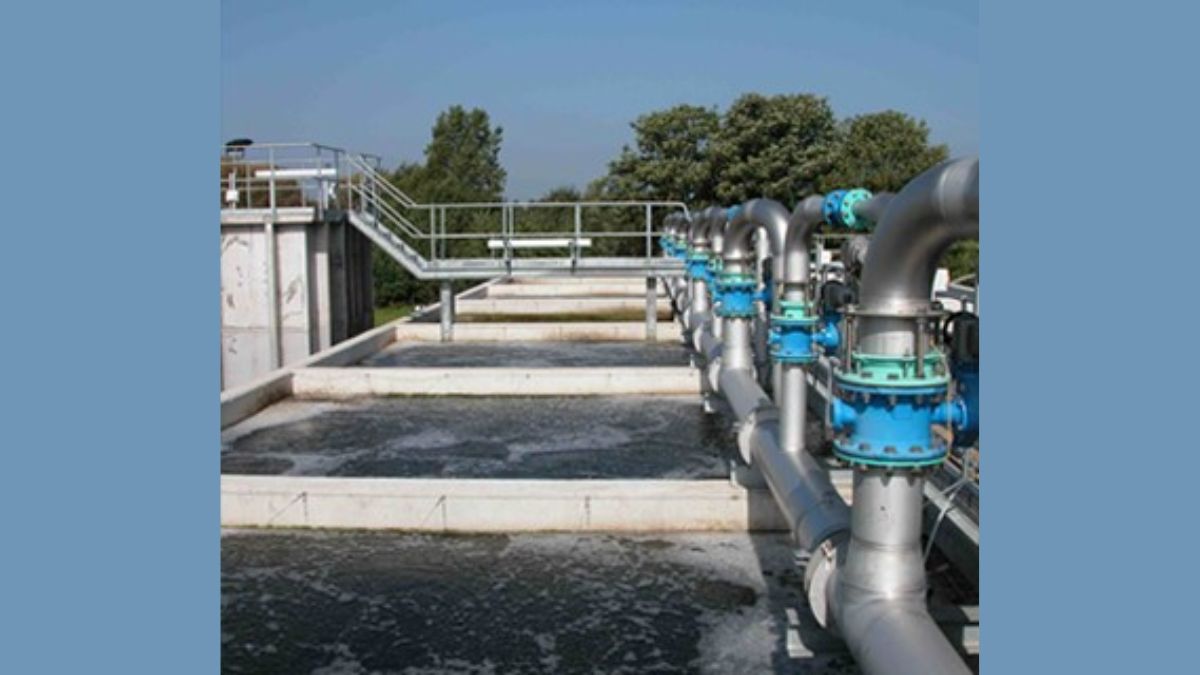Union Budget 2024-25: Growth Oriented, Boosting MSMEs and Employment
Mumbai (Maharashtra) [India], July 26: Brijendra Kagzi, CMD of Shrijee Lifestyle Pvt. Ltd, applauded the Union Budget for 2024-25, highlighting its growth-oriented approach and its potential to foster employment, skill development, as well as MSME growth. Key Highlights Employment Incentives: The budget’s employment-linked incentives & internship programs are expected to drive job creation in the [...]

Mumbai (Maharashtra) [India], July 26: Brijendra Kagzi, CMD of Shrijee Lifestyle Pvt. Ltd, applauded the Union Budget for 2024-25, highlighting its growth-oriented approach and its potential to foster employment, skill development, as well as MSME growth.
Key Highlights
Employment Incentives: The budget’s employment-linked incentives & internship programs are expected to drive job creation in the textile sector, the largest employment generator in manufacturing.
Credit Guarantee Scheme: The proposed scheme will enable MSMEs to secure funding without collateral or third-party guarantees, encouraging growth in this sector.
Areas for Improvement
– Interest Subvention: To provide relief to existing and upcoming MSME textile units, Kagzi advocated for an interest subvention of 2-3%, aligning MSMEs with large corporates that enjoy lower funding rates.
– Import Duty on Fabrics: Introducing a minimum import duty of Rs 25 per square meter on cheaper Chinese fabrics would protect the local textile industry and promote local sourcing.

-GST Inverted Duty Structure: The textile sector faces a disparity with input GST rates at 12-18% and output rates at 5%. Rectifying this anomaly would release substantial amounts stuck due to higher GST paid on inputs. Refunds for accumulated credits, including on capital goods, should be streamlined.
GST on Textile Machinery and Supplies: Reducing the GST rate on textile machinery, dyes, and chemicals from 18% to 5% would stimulate growth in the fabric sector, enhancing India’s competitiveness in global trade.
Digital Printing Sector: The incidence of 18% GST on digital printing machines and inks needs reduction to 5% in order to help Indian fabric units compete against Chinese digital printed fabrics in both domestic and international markets.
Kagzi expressed optimism that these changes could be addressed in the upcoming GST council meeting, complementing the budget proposals to create a conducive environment for high growth in the fabric processing segment, a crucial part of the textile value chain.
www.shrijeelifestyle.com
If you have any objection to this press release content, kindly contact pr.error.rectification@gmail.com to notify us. We will respond and rectify the situation in the next 24 hours.

